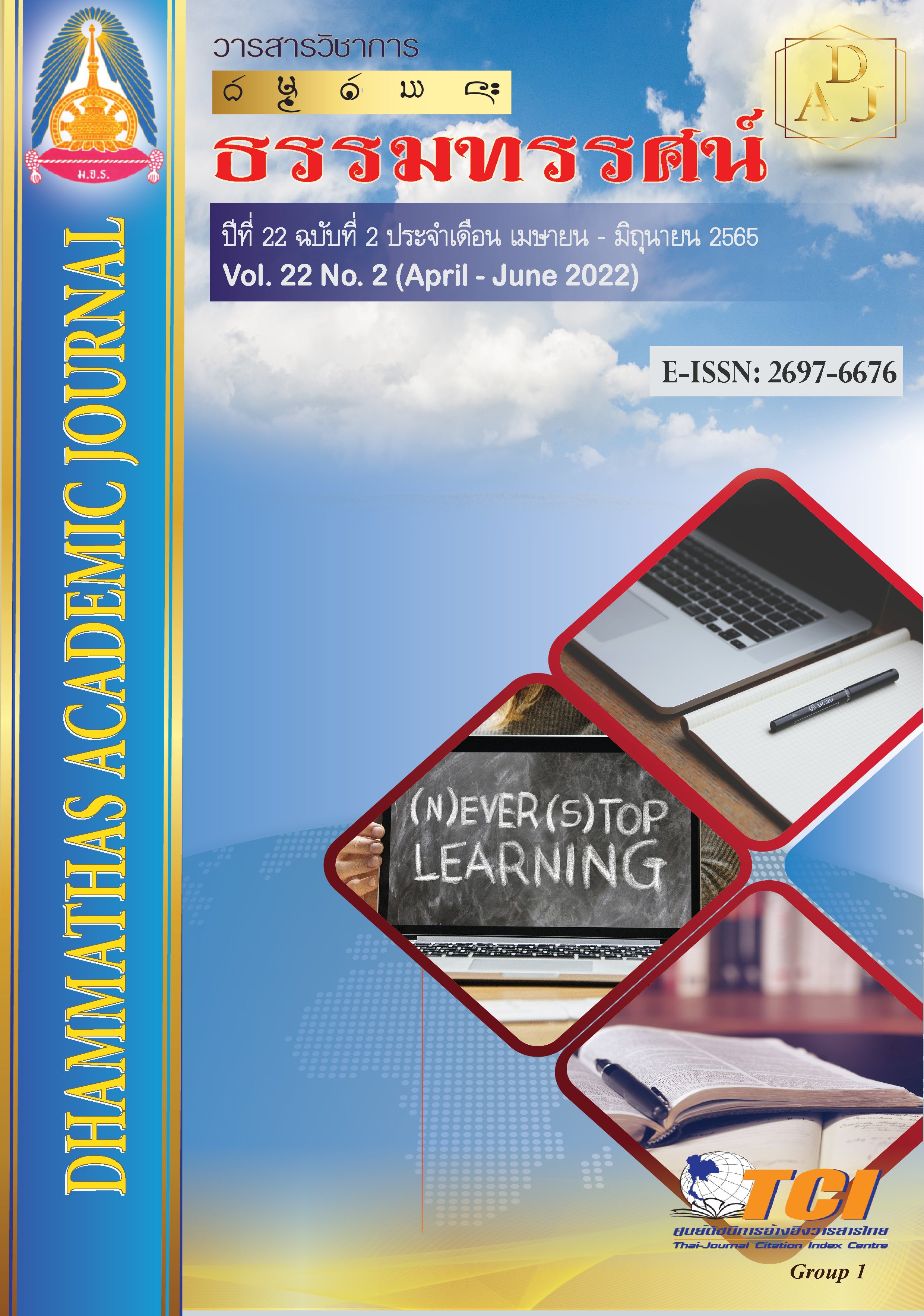The Corporate Social Responsibility (CSR) Management Model for Thailand Stone Mining in the Next Decade (2020-2030)
Main Article Content
Abstract
The objectives of this study are 1) to study the overall circumstances of stone quarries in Thailand, 2) to study the CSR management guidelines for Thailand's stone quarries, and 3) to present the Corporate Social Responsibility (CSR) management model for Thailand stone mining in the next decade (2020-2030). A mixed-methods study was used to evaluate Thailand's stone mining CSR model. First, qualitative in-depth interviews with ten key informants who were significantly involved in the activities of Thailand stone mining were conducted. Then, a brainstorming session with 16 key stakeholders was organized using in-depth interviews to conduct Thailand stone quarries' CSR directions and management format. Finally, for the quantitative method, CSR directions and management format were confirmed by questionnaires with 369 samples collected from a limestone quarry in Pak Chong, Nakhon Ratchasima, for creating the Thailand stone mining CSR model.
As a result, shows that:
1. The main problem of social responsibility in limestone mining from past to present is a problem with the health care of people in the surrounding areas. Entrepreneurs and the government sector must take seriously consistent and always open for investigation.
2. Guidelines for managing the social responsibility of limestone mining for construction must be responsible for natural resources, the environment economic, legal, ethical, and public interest.
3. The Social Responsibility Management Model of Limestone Mining for Construction in the Next Decade (2020-2029), named "Homeland CSR Model" consists of building relationships between organizations and cultivating consciousness, developing the mind's economic balance improving the quality of life. Restoration of natural resources and the environment as well as the development of houses, temples, schools, and conservation of arts and culture. Jobs need to be available as well as the development of the community's happiness and cooperating with the measures of the public sector.
Article Details

This work is licensed under a Creative Commons Attribution-NonCommercial-NoDerivatives 4.0 International License.
เพื่อให้เป็นไปตามกฎหมายลิขสิทธิ์ ผู้นิพนธ์ทุกท่านต้องลงลายมือชื่อในแบบฟอร์มใบมอบลิขสิทธิ์บทความ ให้แก่วารสารฯ พร้อมกับบทความต้นฉบับที่ได้แก้ไขครั้งสุดท้าย นอกจากนี้ ผู้นิพนธ์ทุกท่านต้องยืนยันว่าบทความ ต้นฉบับที่ส่งมาตีพิมพ์นั้น ได้ส่งมาตีพิมพ์เฉพาะในวารสาร วิชาการธรรม ทรรศน์ เพียงแห่งเดียวเท่านั้น หากมีการใช้ ภาพหรือตารางของผู้นิพนธ์อื่นที่ปรากฏในสิ่งตีพิมพ์อื่นมาแล้ว ผู้นิพนธ์ต้องขออนุญาตเจ้าของลิขสิทธิ์ก่อน พร้อมทั้ง แสดงหนังสือที่ได้รับการยินยอมต่อบรรณาธิการ ก่อนที่บทความจะได้รับการตีพิมพ์References
ปริญญารัตน์ เลี้ยงเจริญ. (2563). เหมืองแร่กับกับการจัดการผลกระทบสิ่งแวดล้อมและสุขภาพ. เข้าถึงได้จาก https://www.bangkokbiznews.com/detail/637905
วรมน บุญศาสตร์ และบุหงา ชัยสุวรรณ. (2559). องค์กรรับผิดชอบต่อสังคม: ทัศนคติ และการตอบสนองด้านคุณภาพการบริการ ภาพลักษณ์องค์กร ความไว้วางใจ ความตั้งใจซื้อและการบอกต่อของกลุ่มผู้บริโภคเจนเนอเรชั่น ซี. วารสารการสื่อสารและการจัดการนิด้า, 2(2), 1-18.
สานิตย์ หนูนิล. (2562). อิทธิพลของภาวะผู้นำการเปลี่ยนแปลงที่มีต่อความรับผิดชอบต่อสังคมขององค์กร: แนวคิด และการประยุกต์. วารสารมหาวิทยาลัยศิลปากร, 39(1), 63-74.

